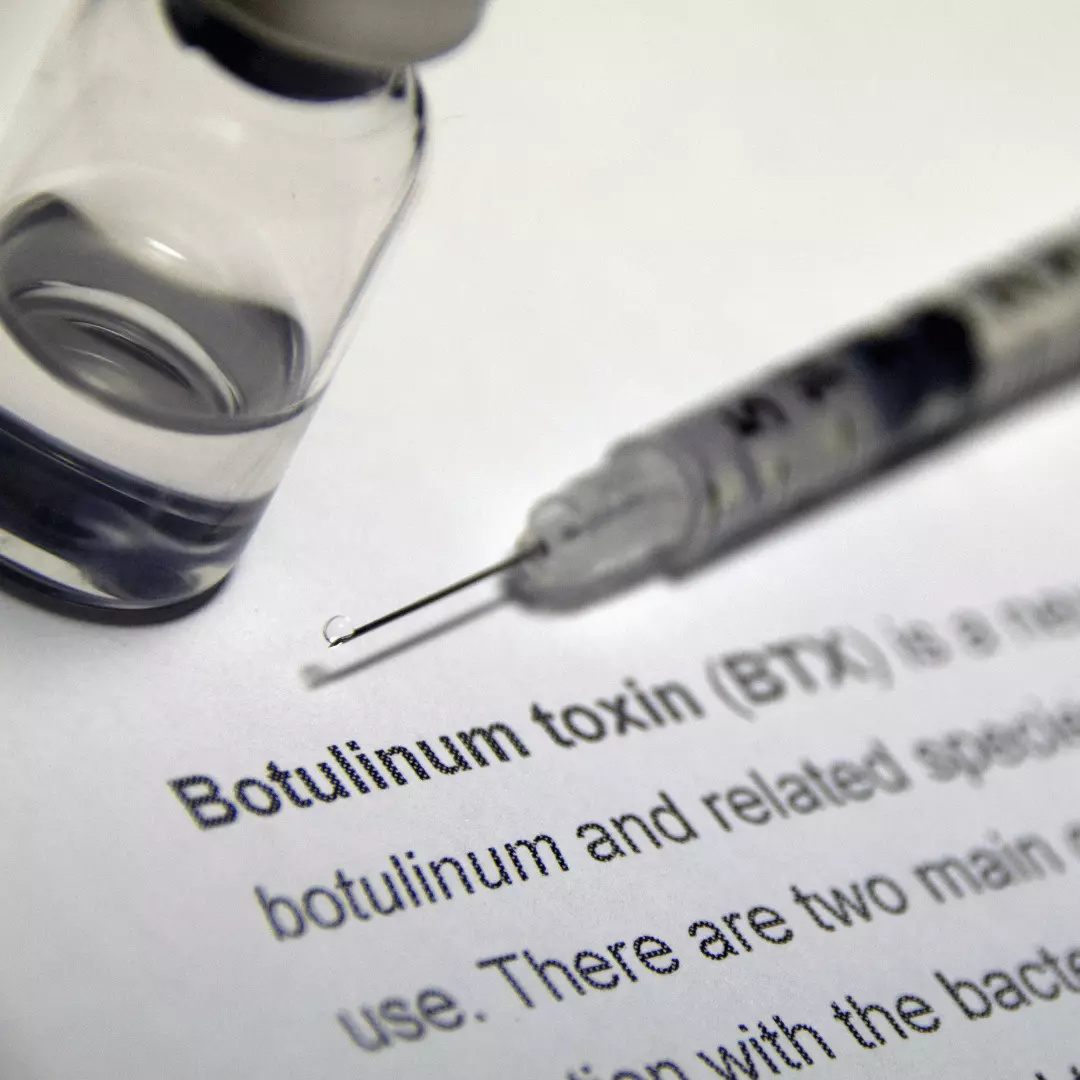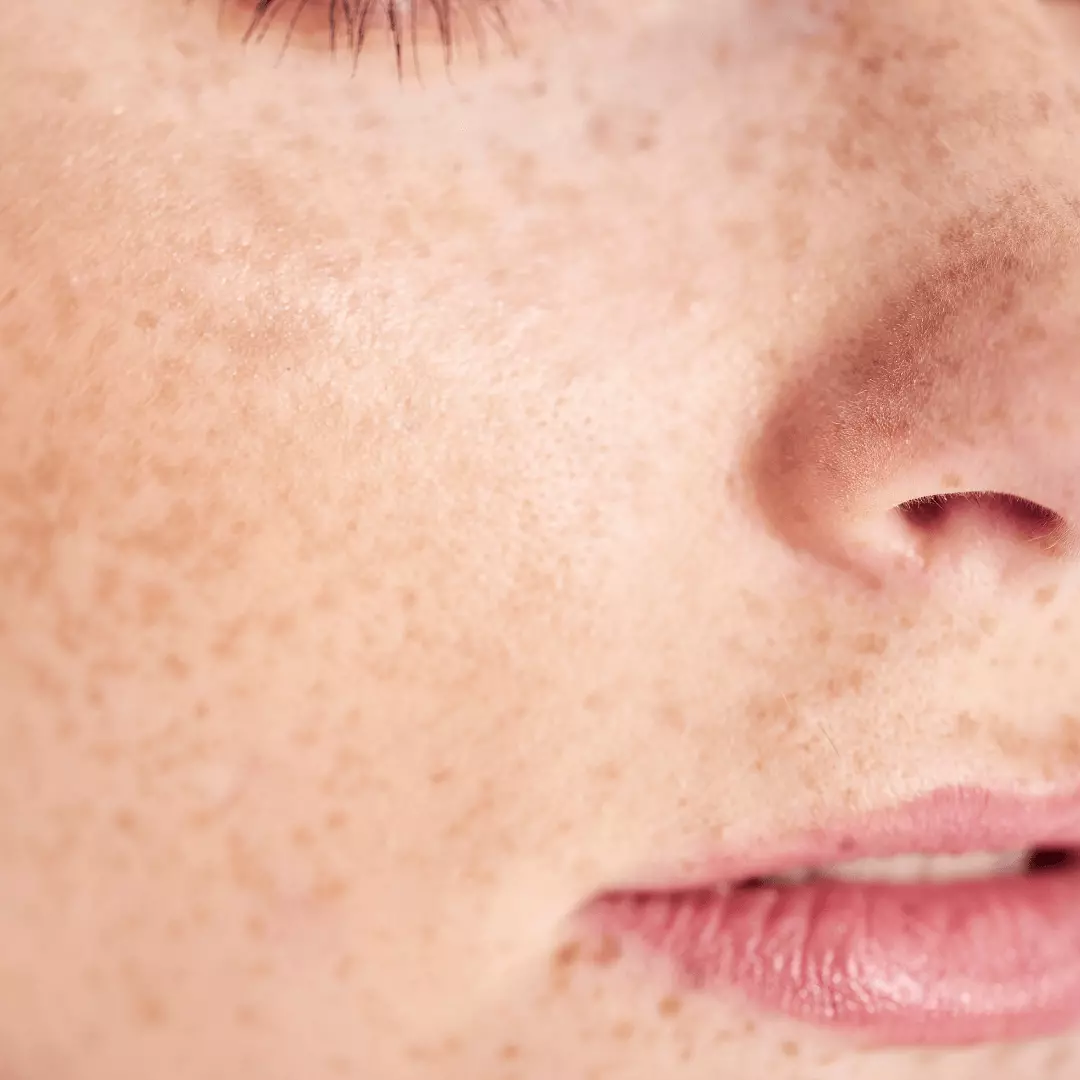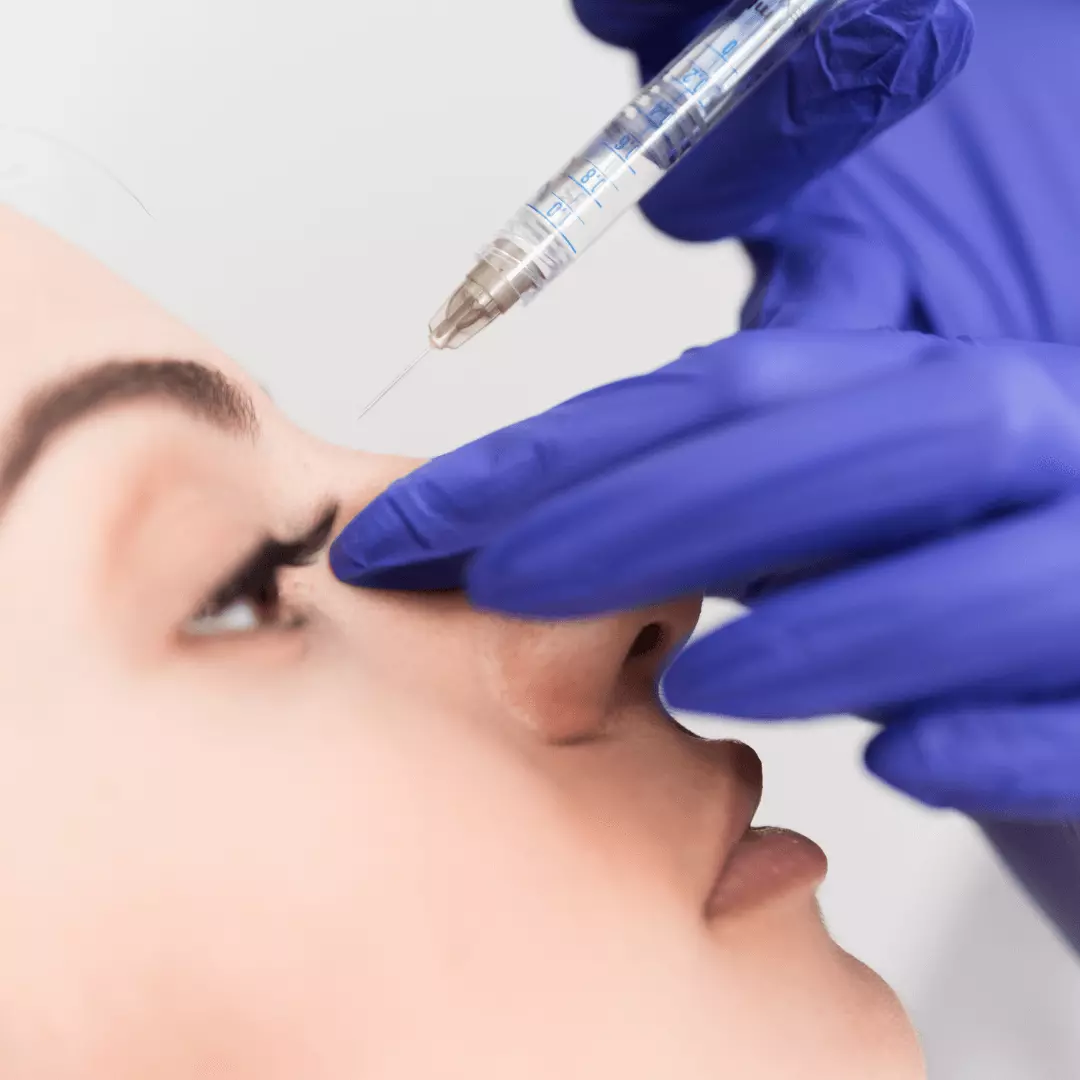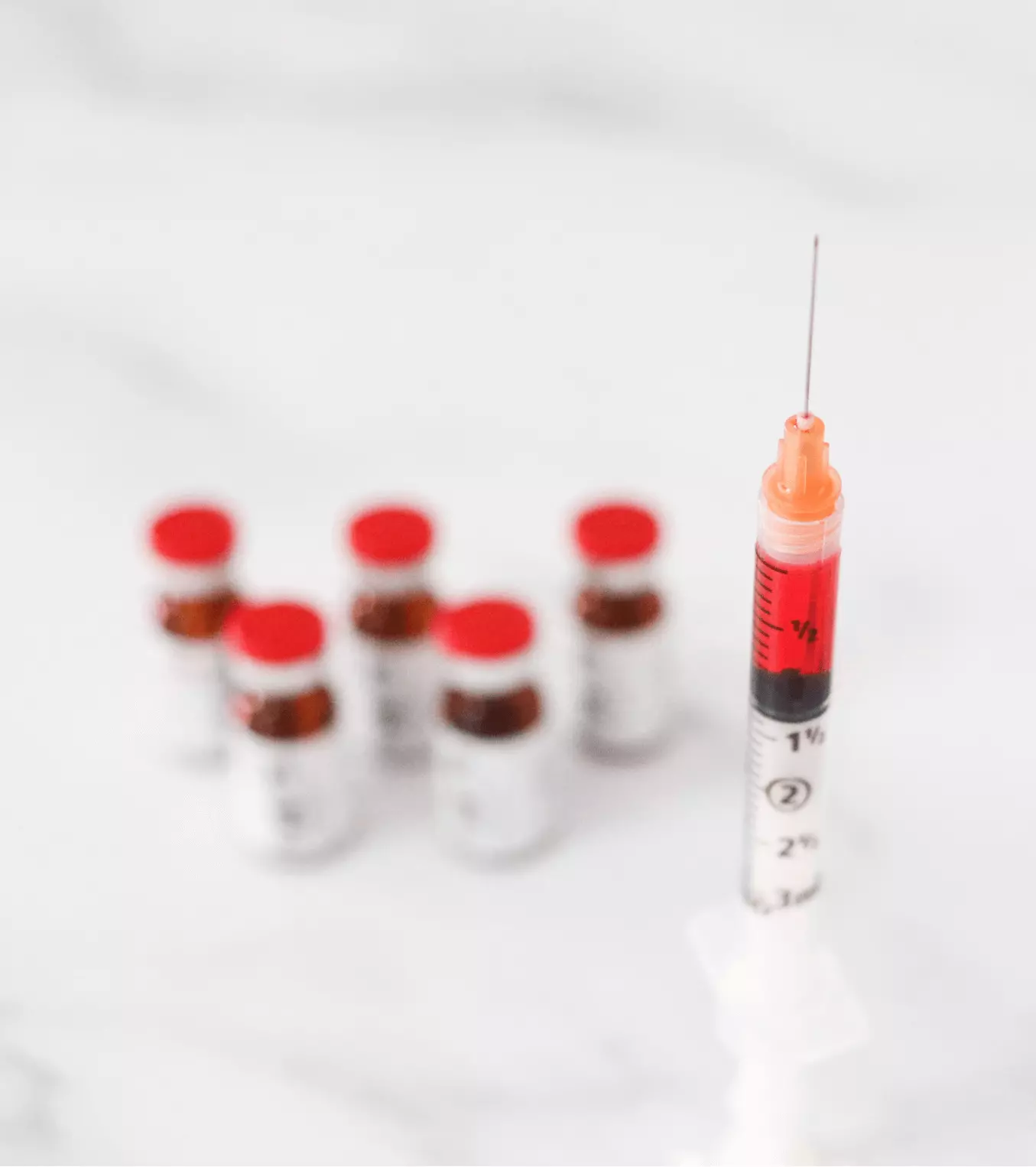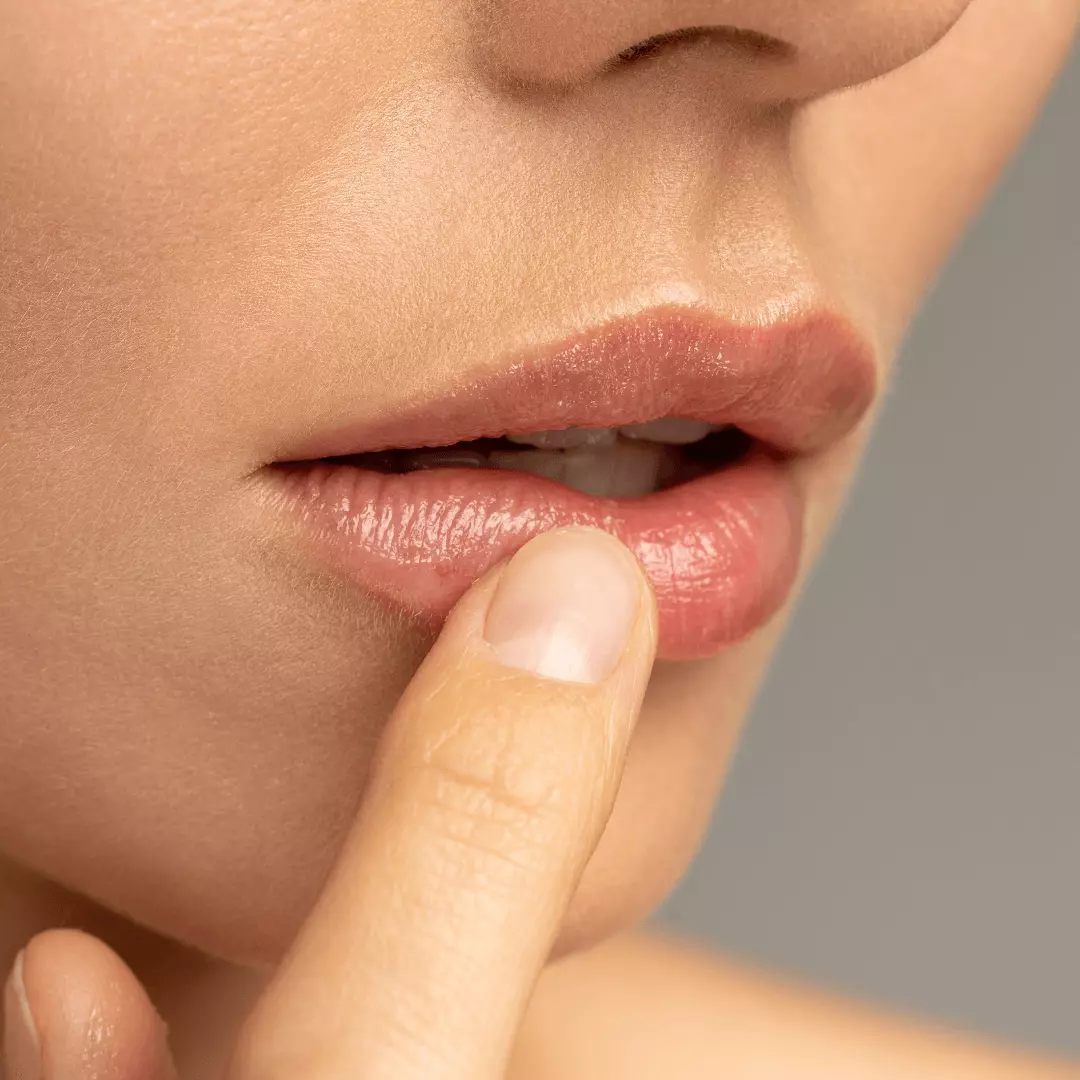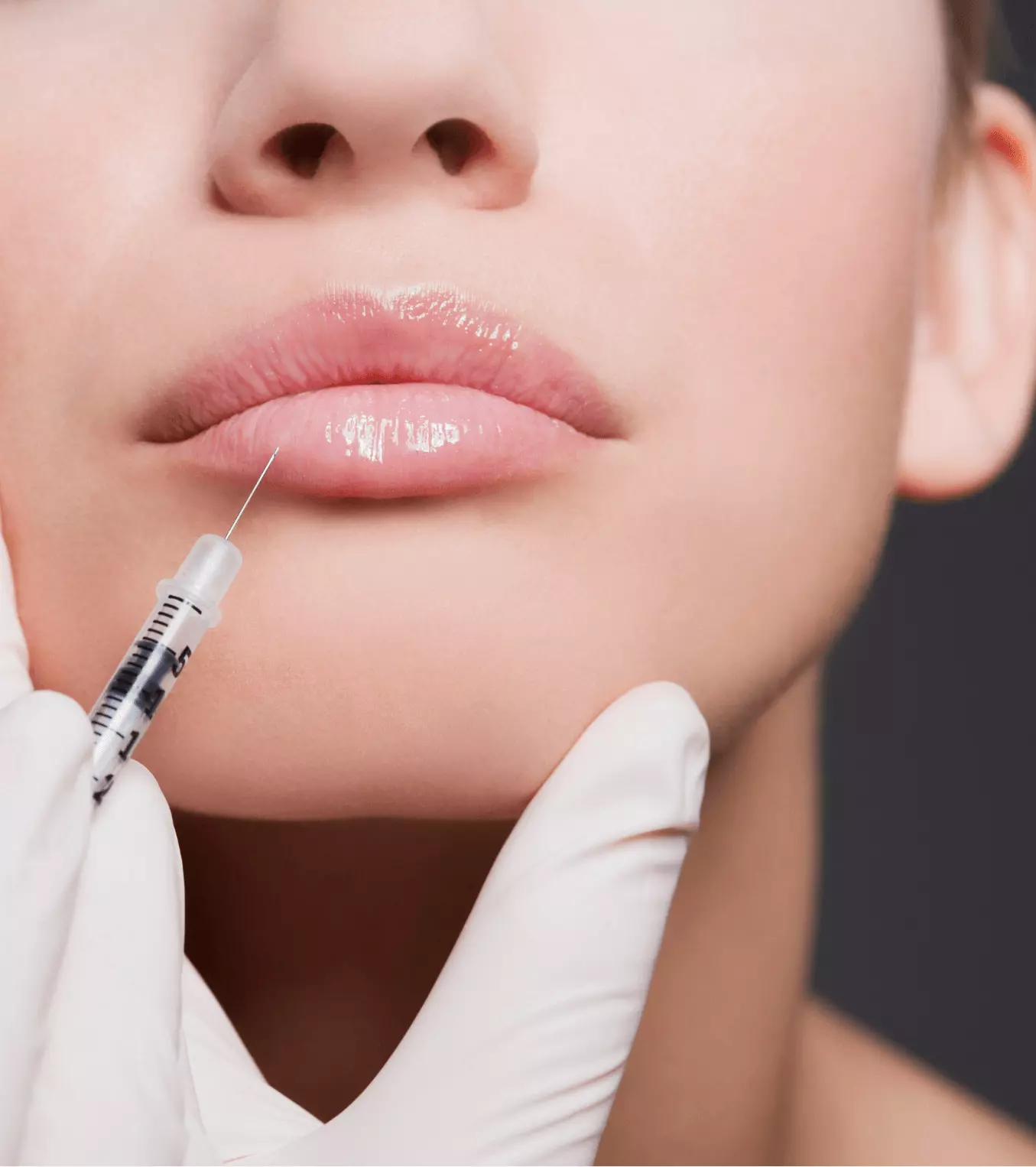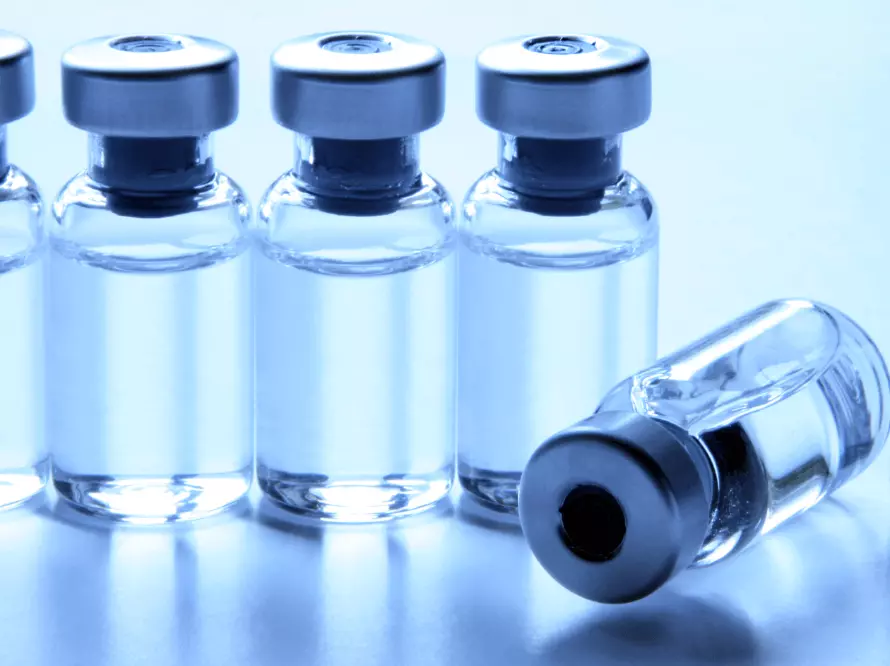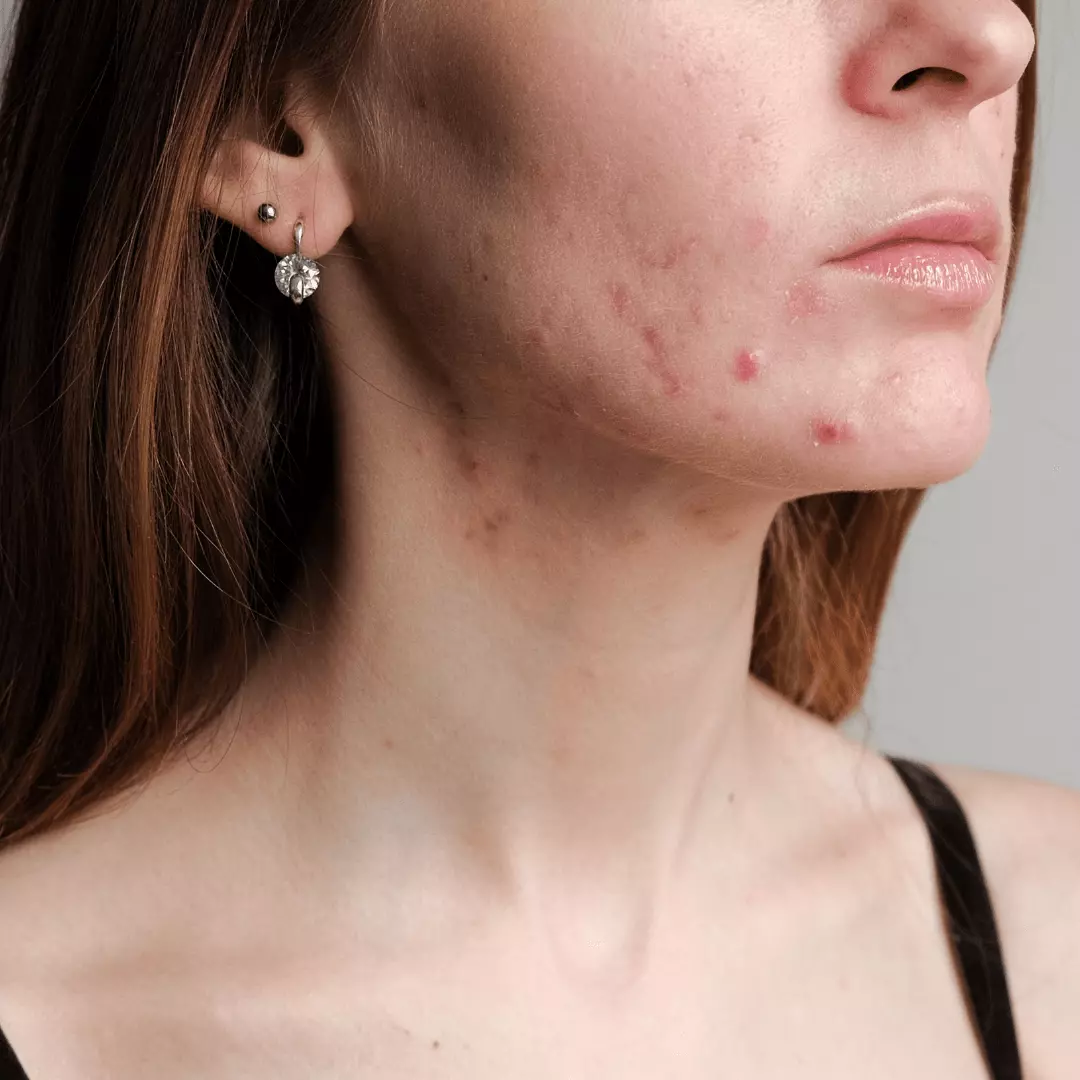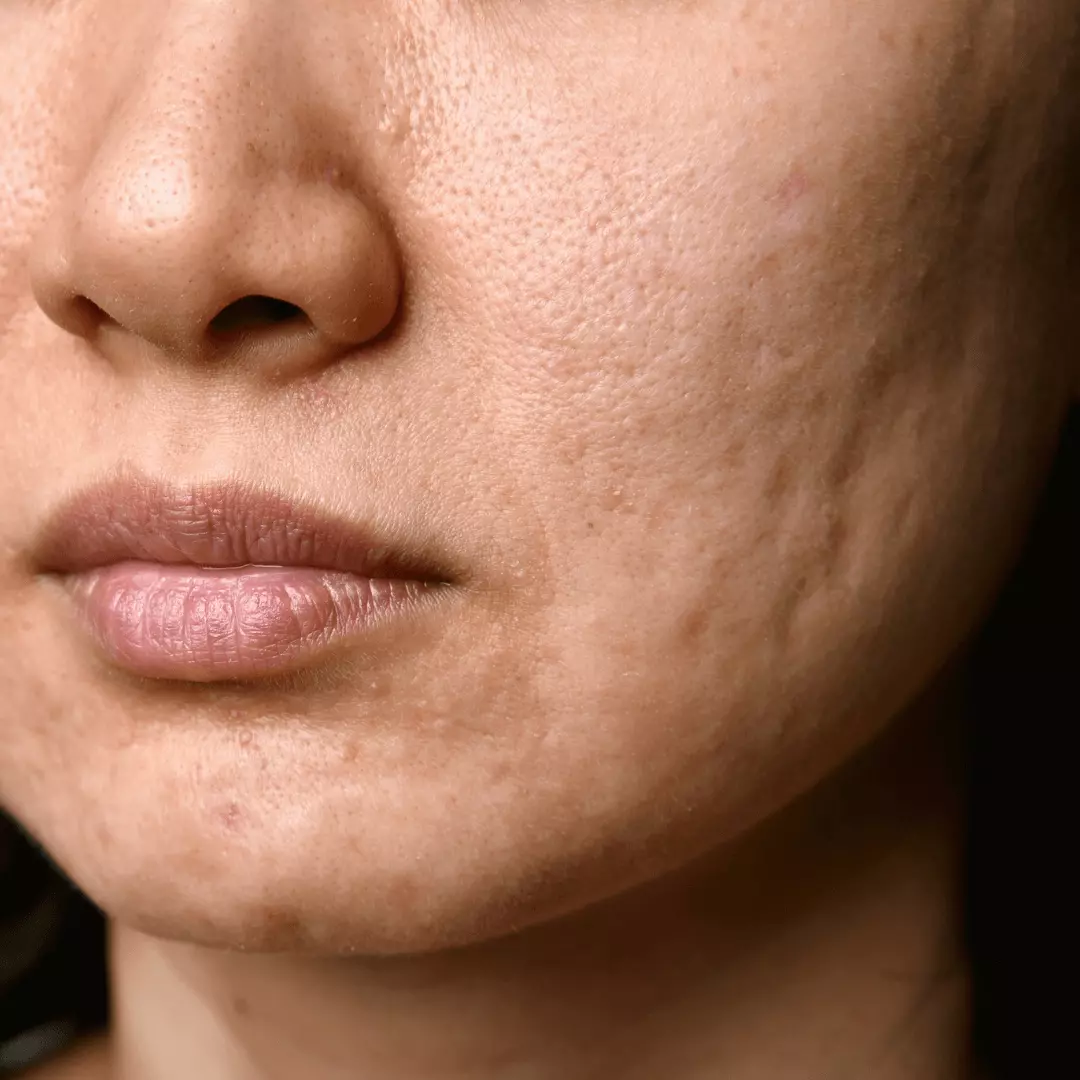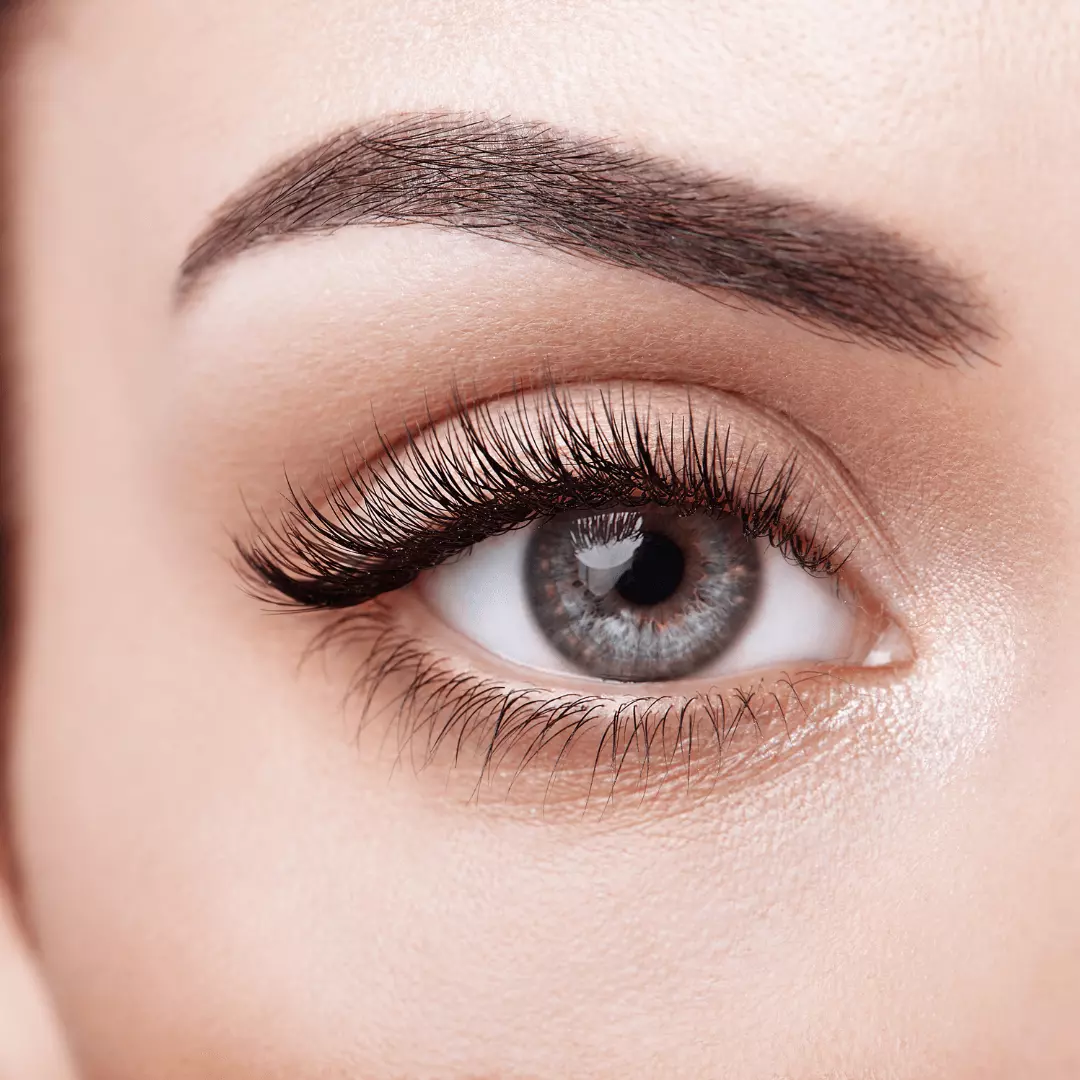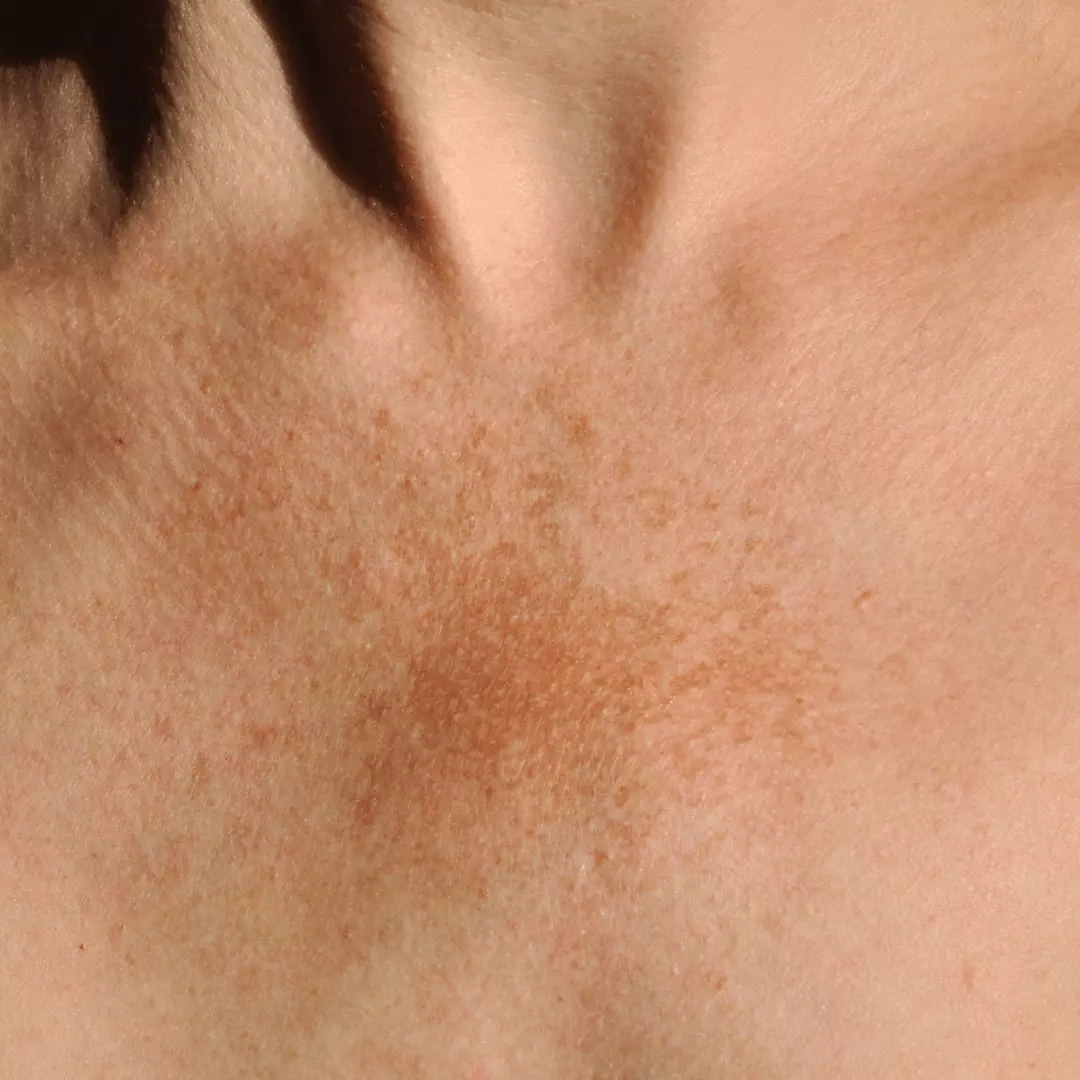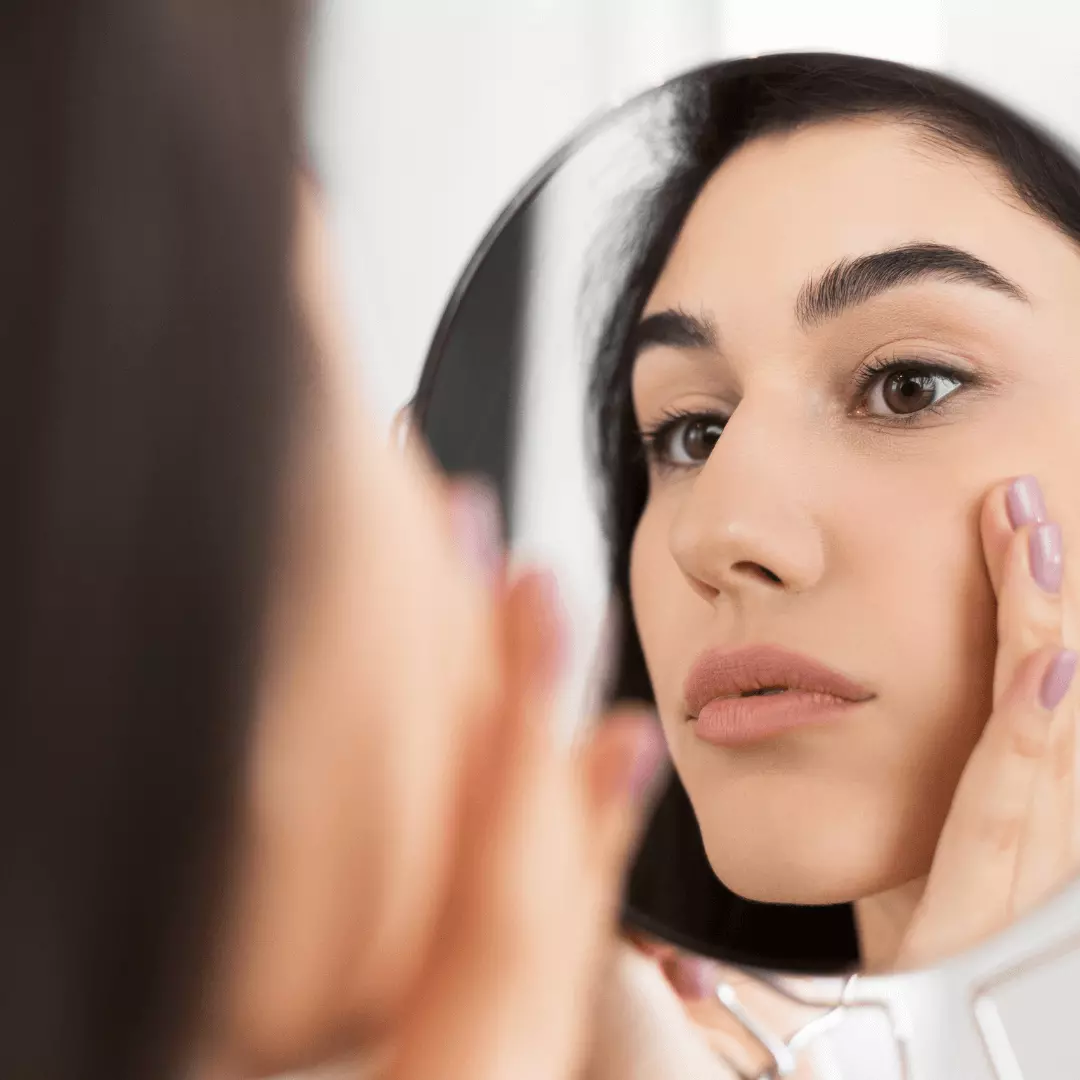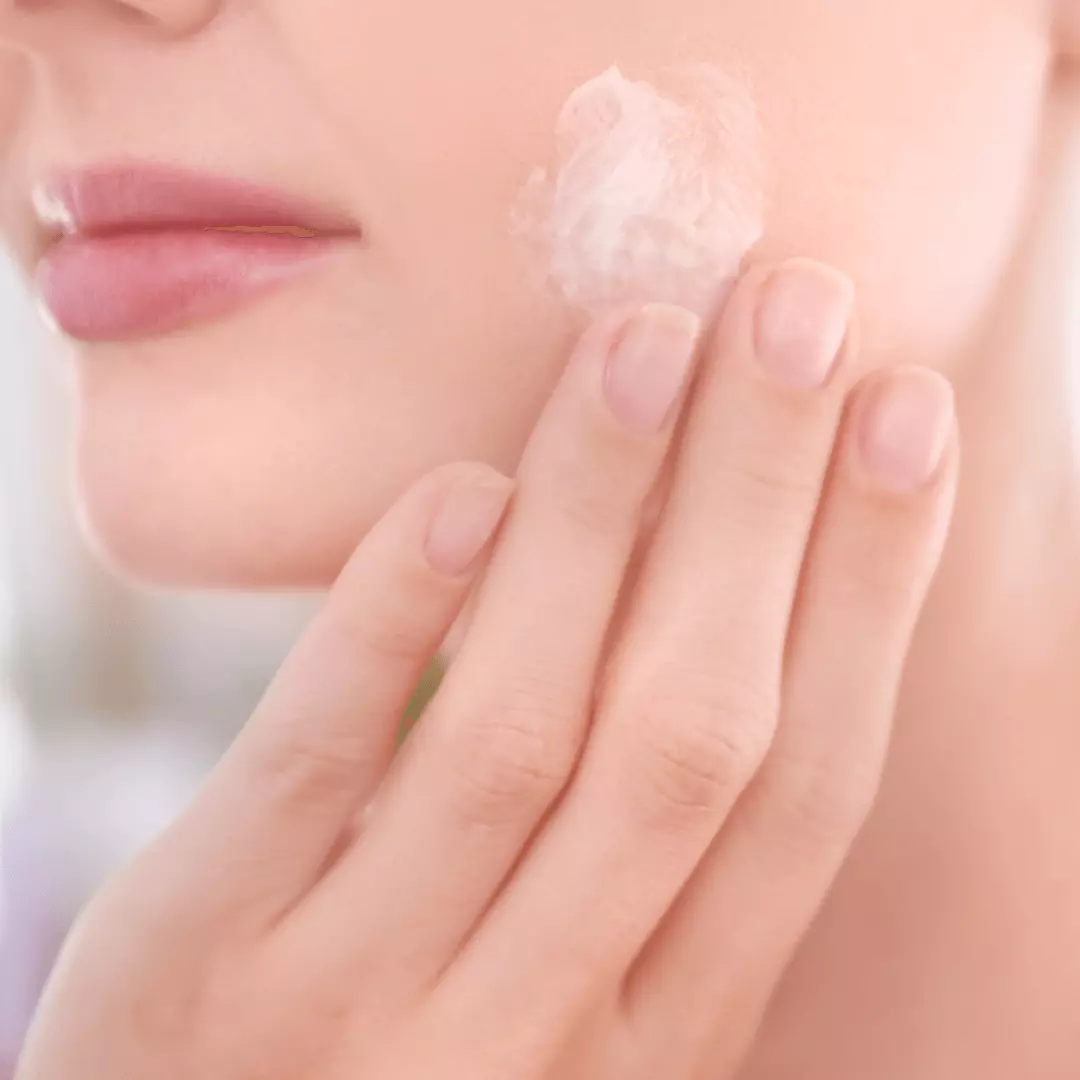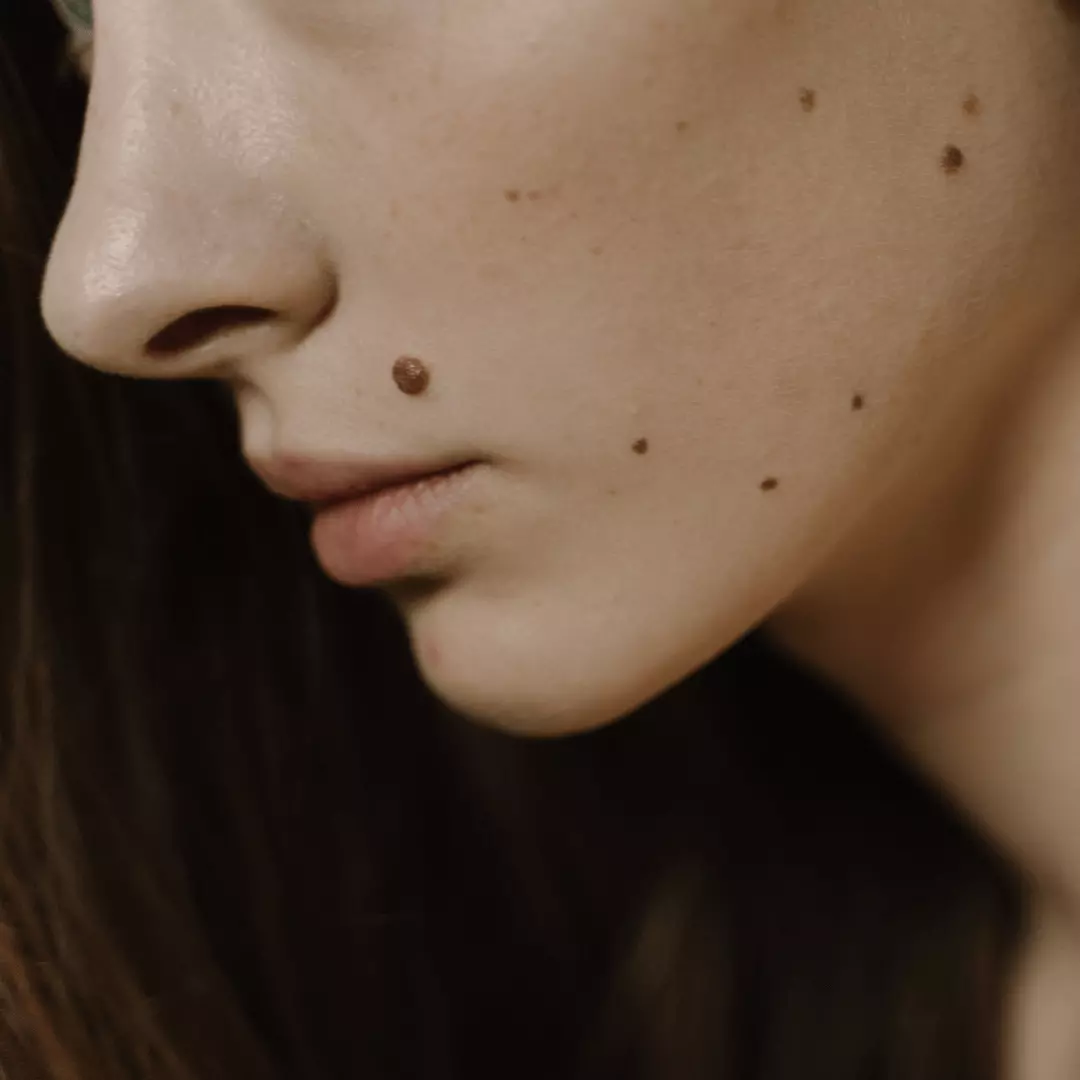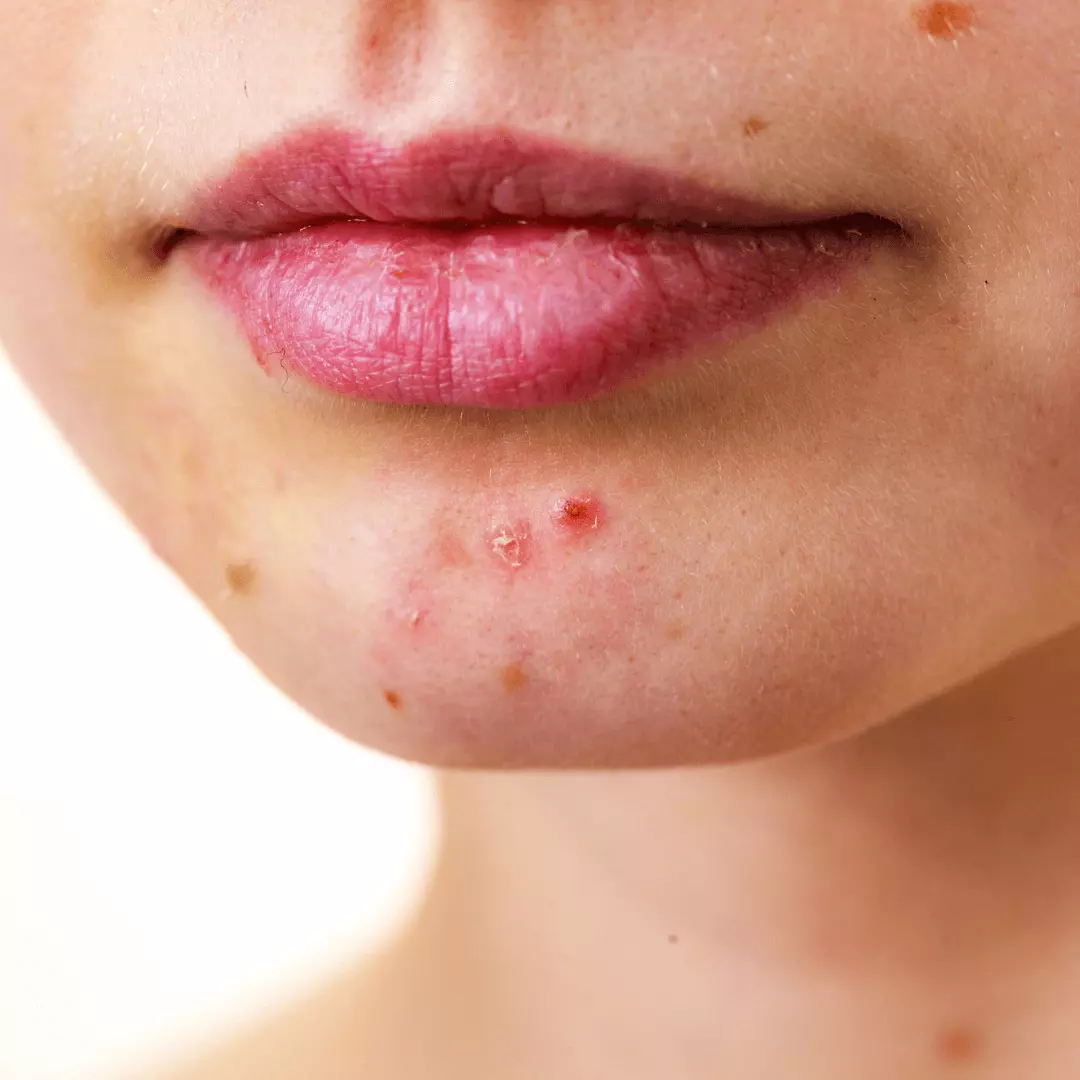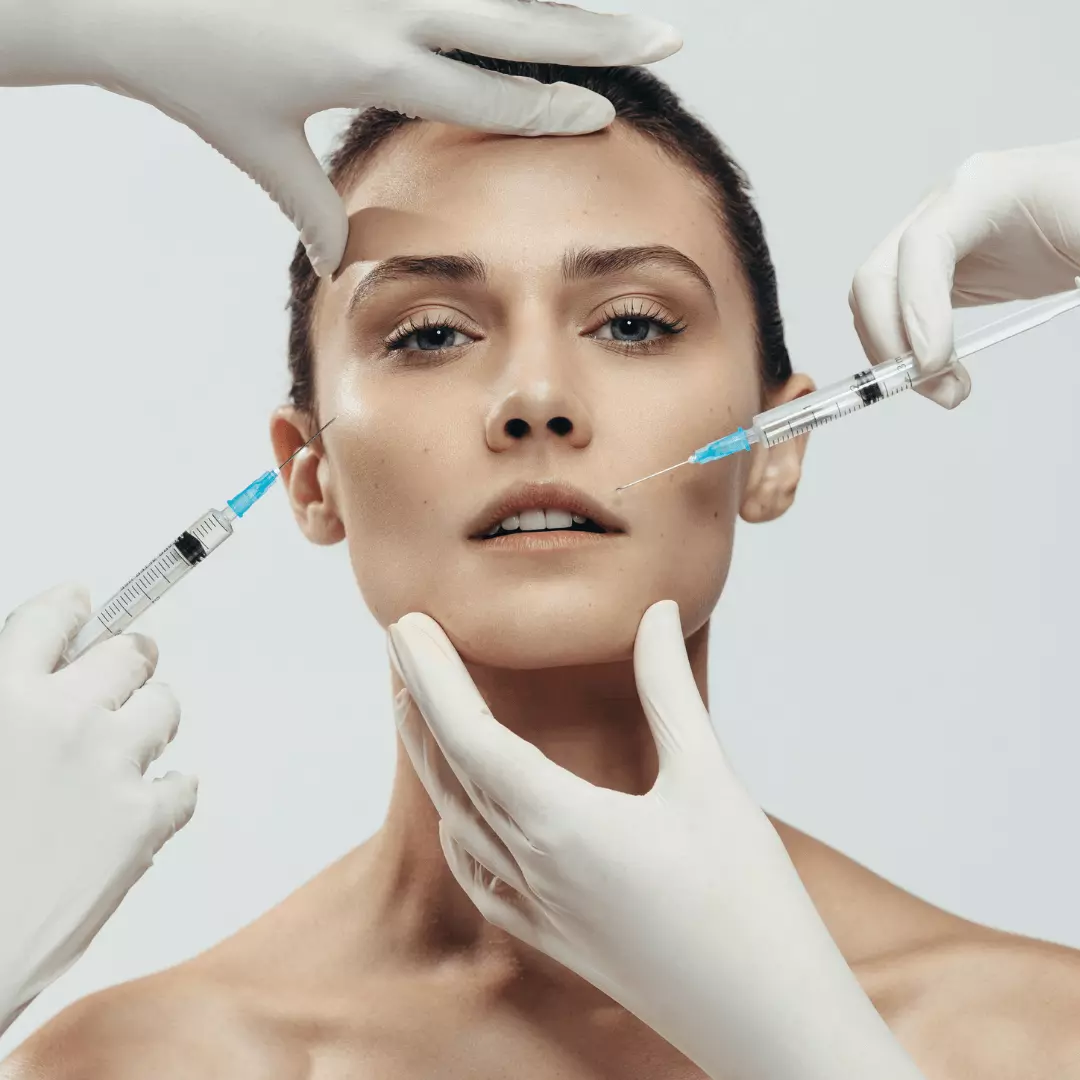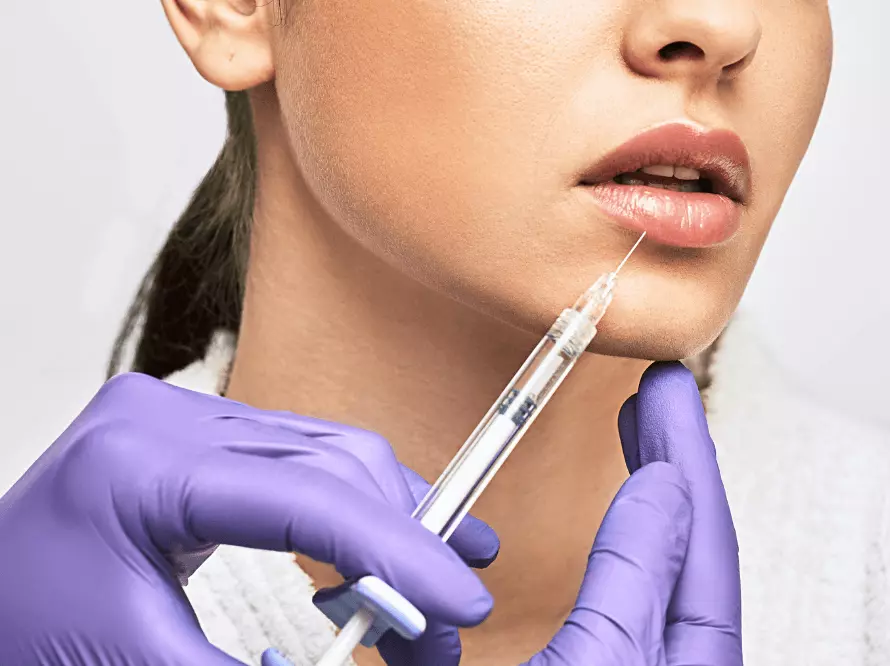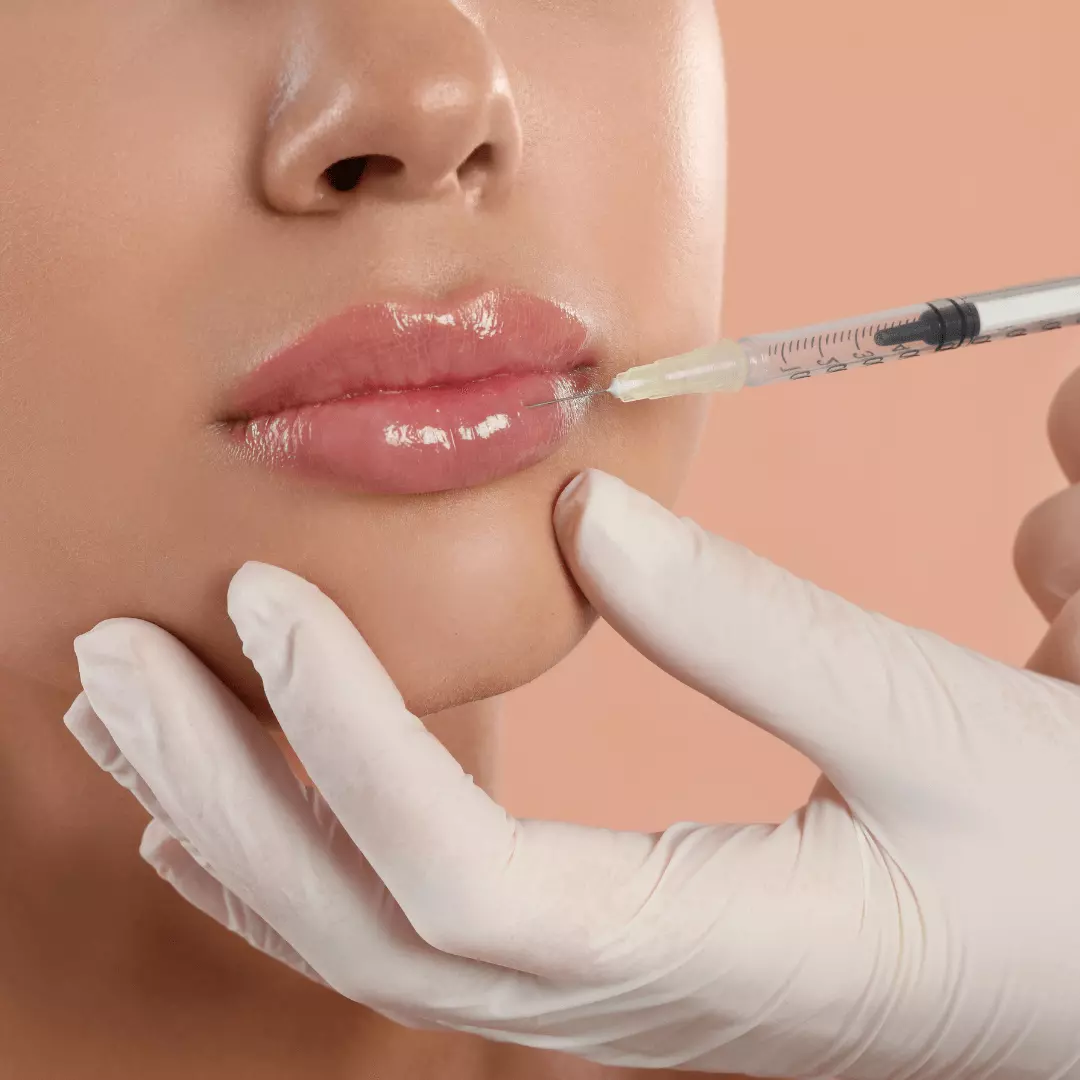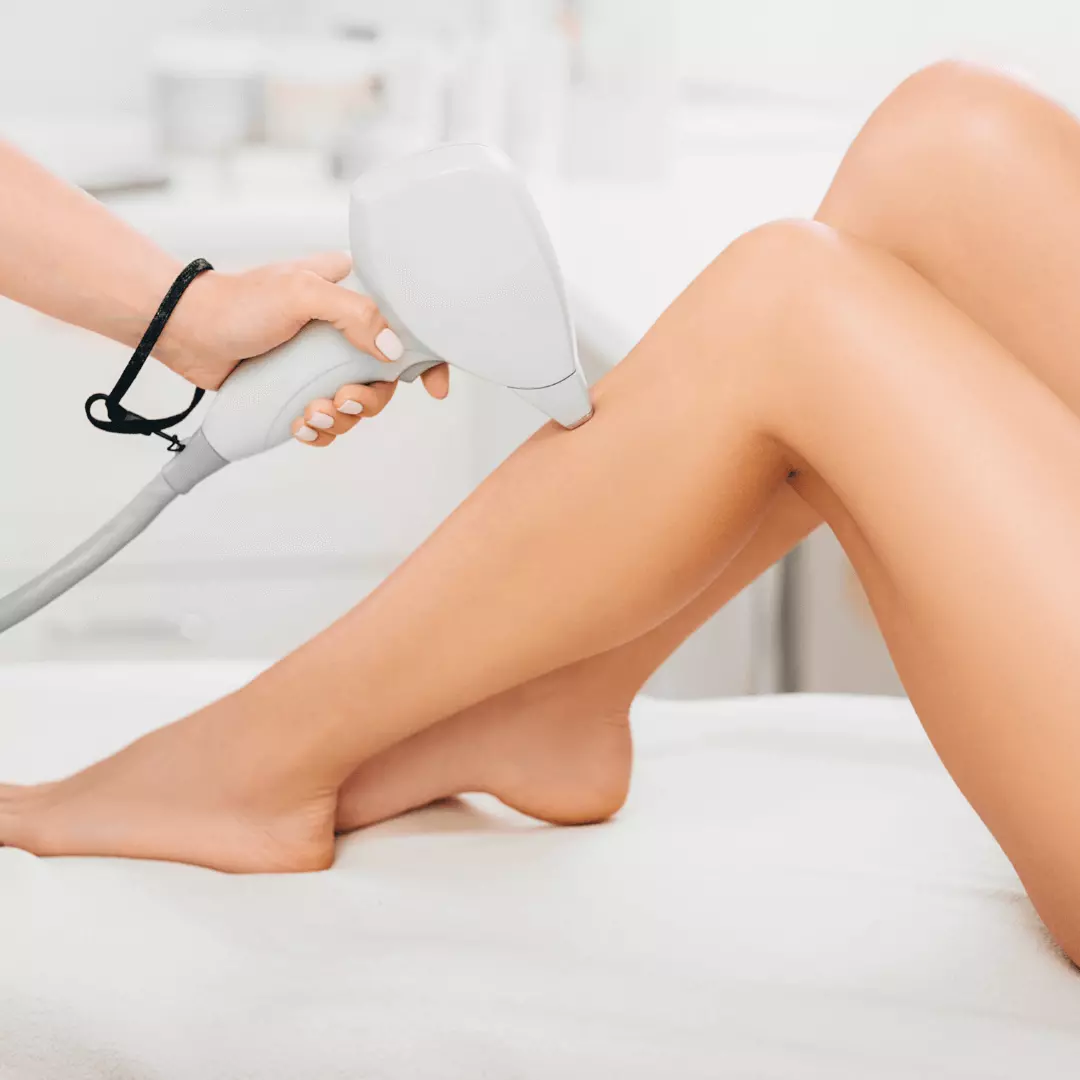From vampire facelifts to bird poop facials, in the aesthetics universe, nothing seems too bizarre in the quest for complexion perfection. The latest tweakment to make headlines and social feeds is polynucleotides. Derived from – wait for it - salmon or trout sperm, this injectable treatment promises to jumpstart skin regeneration.
But are there serious therapeutic benefits of polynucleotides? Or is this another wacky beauty fad that’s one fish too far? Let’s swim upstream and find out.
So, what are polynucleotides?
Don’t worry, it’s not literal salmon sperm that’s injected. Polynucleotides are filtered, purified and sterilised natural DNA fractions derived from the sperm. Classed as a ‘biostimulator’, rather than artificially plump skin like a traditional dermal filler would, polynucleotides work as a nourishing medicine for skin cells.
Once inside, the natural DNA fractions mirror human DNA and get to work on boosting collagen and elastin, upping hydration and thickening the epidermis naturally thanks to stimulating your body’s fibroblast production. Furthermore, polynucleotides are antioxidants with anti-inflammatory properties to lower skin inflammation.
Polynucleotides aren’t even a new discovery. Before entering the aesthetics arena, they had a long medical track record of successfully treating issues like knee osteoarthritis and chronic wounds.
What can polynucleotides treat?
Aesthetically, polynucleotides are used around the eye area, whole face, neck or décolleté to improve the appearance of aging skin.
Plumping fine lines and wrinkles aside, since polynucleotides are regenerative and anti-inflammatory, the injectable can also be used to treat skin conditions like scarring, acne, rosacea, stretch marks and hyperpigmentation.
What are the benefits of polynucleotides?
The good news is that science backs up the efficacy of polynucleotides as an aesthetic treatment. One 2021 Italian study revealed that over 80% of participants reported an improvement on their face, periocular area, décolleté and neck, hands, scalp, and stretch marks. It concluded by saying, “The expert consensus illustrates the value of intradermal PH HPT™ as biostimulatory boosters for priming and revitalization of face and body skin thanks to their efficacy on dermal cells.”
If firmer skin, diminished eye bags, smoother texture and even skin tone with reduced pigmentation marks are something you’re seeking, polynucleotides could be for you.
Also, if you’re averse to the idea of dermal fillers or Botox, polynucleotides are a more natural skincare solution that works at a therapeutic level, rather than by volumising your skin artificially.
Do polynucleotides treatments carry any risks?
Very few. The aforementioned Italian study stated that PN‐HPT™‐based medical devices are a safe and effective aesthetic treatment strategy for skin rejuvenation, revitalization, and toning of the skin on face or body.
How much does a polynucleotides treatment cost?
Polynucleotides injections can be purchased as one-off sessions, but a course of three treatments is recommended to obtain optimal results. Your practitioner will then suggest a maintenance programme that will enable you to maintain the benefits and the results.
Pricewise, it’s more expensive than Botox, with a single 2ml session costing anywhere between £250 - £450.
If you are considering treatment with polynucleotides, always consult a qualified practitioner to discuss your needs and concerns first.
At Save Face, we take the guess work out of selecting a non-surgical cosmetic practitioner. We know what to check and how to check it. All of the practitioners you will find using the Save Face search engine have been individually assessed on-site against a stringent set of standards by a Save Face Clinical Assessor, and we monitor and verify feedback to ensure practitioners on our register practice to the standards we uphold.
Use the Save Face register today, and find a practitioner you can trust.




